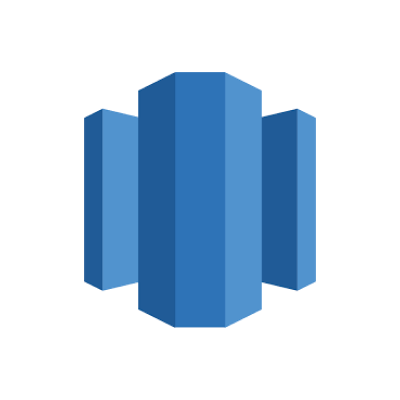Compare - Databricks VS Atlan
Here’s the difference between Databricks and Atlan. The comparison is based on pricing, deployment, business model, and other important factors.
About Databricks
Databricks provides a data lakehouse that unifies your data warehousing and AI use cases on a single platform. With Databricks, you can implement a common approach to data governance across all data types and assets, and execute all of your workloads across data engineering, data warehousing, data streaming, data science, and machine learning on a single copy of the data. Built on open source and open standards, with hundreds of active partnerships, Databricks easily integrates with your modern data stack. Additionally, Databricks uses an open standards approach to data sharing to eliminate ecosystem restrictions. Finally, Databricks provides a consistent data platform across clouds to reduce the friction of multicloud environments. Today, Databricks has over 7000 customers, including Amgen, Walmart, Disney, HSBC, Shell, Grab, and Instacart.
About Atlan
Atlan is a modern data collaboration workspace (like Github for engineering or Figma for design). By acting as a virtual hub for data assets ranging from tables and dashboards to models & code, Atlan enables teams to create a single source of truth for all their data assets, and collaborate across the modern data stack through deep integrations with tools like Slack, BI tools, data science tools and more. Atlan has been recognized as a Gartner Cool Vendor in the inaugural report on DataOps, one of the top 3 companies globally.
Comparison Table
| Overview | ||
|---|---|---|
| Categories | Data Warehouses, Data Lakes | Data Discovery, Data Cataloging |
| Stage | Late Stage | Early Stage |
| Target Segment | Enterprise, Mid size | Enterprise, Mid size |
| Deployment | SaaS | SaaS |
| Business Model | Commercial | Commercial |
| Pricing | Freemium, Contact Sales | Free trial |
| Location | San Francisco, US | Singapore |
| Companies using it | ||
| Contact info |
Add to compare
